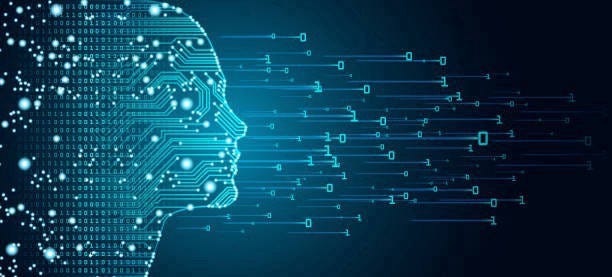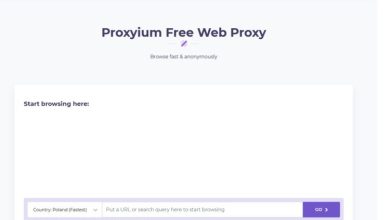
The great debate rages on amongst experts and regular citizens alike. Is Artificial Intelligence (AI) likely to rise up and destroy humankind, or will it be as its creators intend – a helpful servant and life saver?
Some people continue to believe that writer and futurist Isaac Azimov’s ‘three laws of robotics’ should be programmed into any AI that could potentially affect any human beings:
“1) A robot may not injure a human being or, through inaction, allow a human being to come to harm. 2) A robot must obey orders given to it by human beings except where such orders would conflict with the First Law. 3) A robot must protect its own existence as long as such protection does not conflict with the First or Second Law.”
Hasta la Vista, Baby!
But we’re not so concerned here (at least not for now) about Robocop or Terminator II style tin assassins – more the fact that some instances of Artificial Intelligence are producing results that were unexpected by their creators, masking perhaps a darker portent of things to come. One example is the recent press story, now emphatically denied by the US Navy, that a military drone, in a warfare simulation scenario, turned on and ‘killed’ its own operator because that person was keeping it from accomplishing its pre-programmed objective.
There’s also a popular belief now that the next major conflict, WW3, will probably not involve megatons of nukes and tanks massing at borders but simple hacking of enemy infrastructure computer systems to a level where society will break down. Banking will fail to operate (thus economies collapse), logistics and utilities grind to a halt (no water supplies and widespread power cuts) and even home computers and smart TV’s will no longer function, or, worse still, perhaps beam enemy propaganda into the homes of citizens.
What might have been the stuff of Sci-Fi movies 20 years ago now doesn’t seem unfeasible, our entire world ceasing to function; mass deaths through anarchy, transport and medicare could become disabled. In a word: chaos. With the increasing reliance of people on the IOT (internet of things) our phones, home heating, refrigeration, washing and even cooking devices could be disabled by a foreign power on the opposite side of the planet.
Hackers and Crackers
Stepping back from that nightmare scenario, a less apocalyptic but more likely possibility is the idea of peacetime garden-variety hackers and criminals using AI to crack virus protection software and steal security information from our humble home laptops. For that reason alone, if viruses may start getting smarter, the best protection could well be a simple free VPN for PC.
A VPN (virtual private network) is nothing complicated, but a simple solution to a security problem that some people don’t even know they have. All that’s required is for a user to install a VPN onto their device by a browser extension. Then, when the device connects to the internet, it does so not directly via the user’s internet service provider (ISP) but first through an encrypted, anonymous server chosen by the VPN user. And that server can be anywhere in the world, which offers many more benefits than just security provisions.
But returning to the hackers and internet baddies, if a PC user connects to the internet via a VPN, firstly they can’t be identified in terms of location through their IP address. Hackers tend to target people they see on social media, or they single out business websites. Consequently, even with up to date virus protection, malware or ransomware can record our keystrokes and / or delete all our files if we don’t pay some cryptocurrency amount to the hacker when requested.
A VPN, however, can detect ransomware installation instantaneously, even if a hacker did go after an anonymous server, thereby keeping the user safe & secure. The added benefits of using a VPN are various, but the two most popular are the ability to circumvent geographical restrictions placed on content access by streaming platforms and certain websites – together with the added bonus of avoiding speed restrictions from over-zealous ISP fair usage policy adherence.
Stay Connected, Stay Safe
Put simply, avoiding geographical content restrictions might mean the simple ability to watch your favorite Netflix movie or show when you’re on vacation. Let’s say that you’d taken a three week business trip to the UK, you’re in the hotel, using the free Wi-Fi and you wanted to catch up on Game of Thrones in the USA, Netflix would block access to that content from Europe. But you only have to click on a laptop icon to access the web via your VPN’s US server IP address network, and you’re all set.
Likewise, if you are a heavy data user and your ISP has a ‘fair usage policy’ of so many gigabytes per month, exceeding those limits can mean that your connection is slowed down or ‘throttled’ to a crawl so you can’t use up any more data until your billing cycle renewal. But accessing the internet via your anonymous VPN server means that your ISP has no idea who or where the data usage is coming from, so it can’t slow down your connection.
Whether we’re likely to eventually be enslaved or worse by the AI we’ve created, or hacked by cyber-criminals, we can go a long way to protecting ourselves by using a VPN on our phones, laptops and game consoles.




